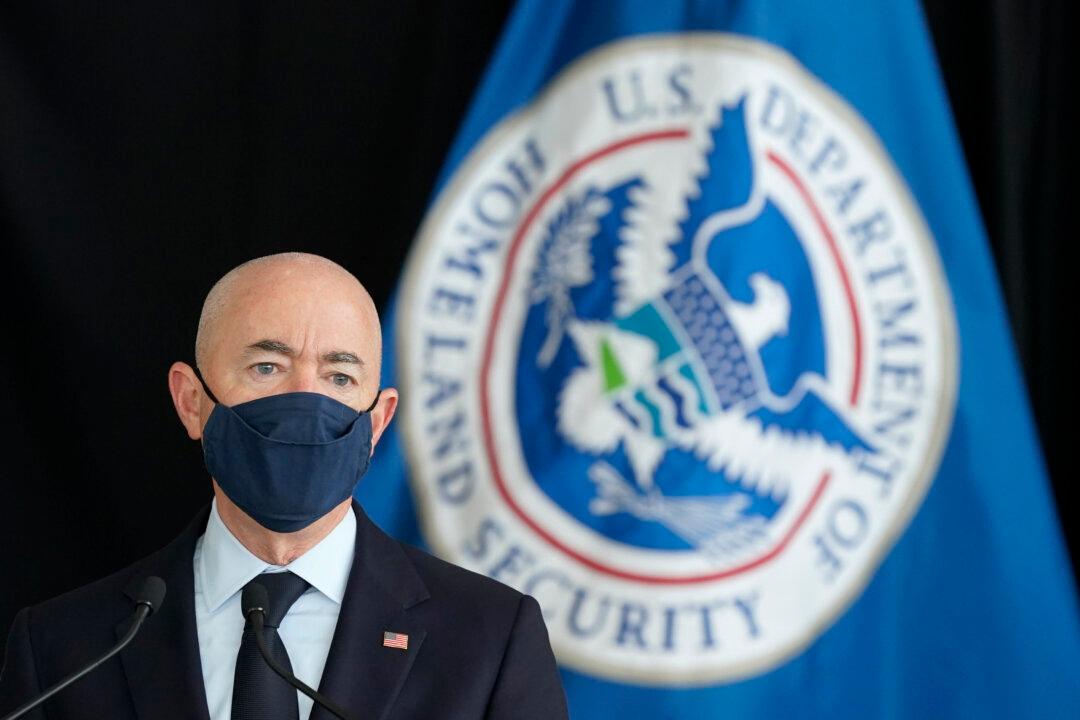The Biden administration has dismantled a Trump-era government office to help victims of crimes committed by illegal immigrants, replacing it with an “inclusive support system for all victims, regardless of immigration status or the immigration status of the perpetrator.”
U.S. Immigration and Customs Enforcement (ICE) on June 11 announced the launch of the Victims Engagement and Services Line, noting in a statement that the Victims of Immigration Crime Engagement (VOICE) Office that then-President Donald Trump established in 2017 “is terminated.”





